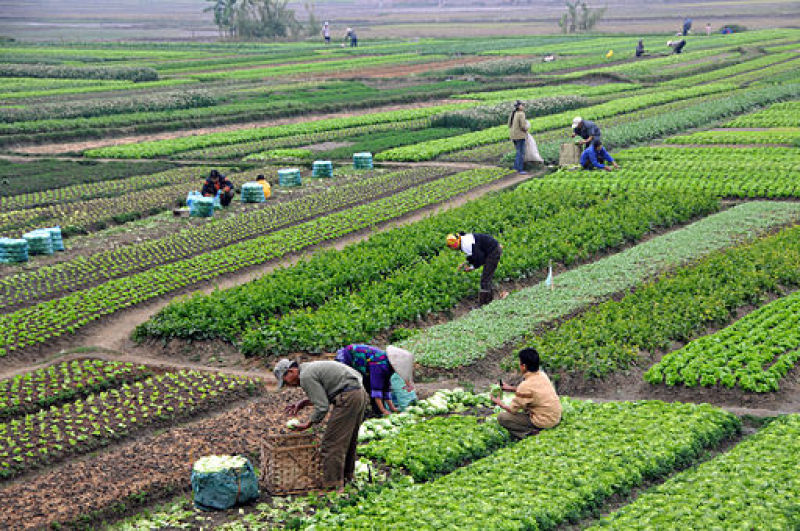
The United Nations (U.N.) warned that the extreme effects of global warming, such as the rising temperatures and increasing water levels, could soon threaten the world's food supply.
According to the organization, if proper steps are not taken to solve this issue, the number of malnutrition cases could increase by 600 million by 2080.
Hilal Elver, a human rights expert for the U.N. said that as environment factors continue to worsen due to climate change, more and more people will have less access to food. This is because extreme weather conditions have a direct impact on food production, Associated Press reported.
"Increased frequency and intensity of extreme weather, rising temperatures and sea levels, as well as floods and droughts have a significant impact on the right to food," Elver said in a statement according to the U.N. News Center. "All these climate incidents will negatively impact on crops, livestock, fisheries, aquaculture and on people's livelihoods."
Elver noted that those in developing countries, where access to proper food supply is already becoming a problem for some regions, will be the ones that will be gravely affected by the environmental problems.
As a solution, Elver stressed that countries must focus their food production from industrial agriculture to more transformative systems. These include agro-ecology, which she believes can boost the support for local food production by small holder farmers. In addition, this method is more environmentally sustainable than industrial agriculture.
The human rights experts maintained that through efforts such as this, countries will be able to uphold the rights of people to access food. She maintain that this is a key topic that must be addressed during the upcoming climate change conference happening from November 30 to December 11 in Paris.
"Civil society pressure is mounting on the parties of the [UN Framework Convention on Climate Change] to achieve results in Paris by adopting a human rights approach to the climate change agreement that will respect, protect and fulfill human rights of all persons, and especially those most vulnerable," she said.
"Any agreement must include a clear commitment by all relevant parties to ensuring climate justice and food security for all," Elver added.
Of course, aside from the drastic shift in food production, countries are also responsible for curbing their own carbon emissions. Through these combined efforts, the U.N. is hoping to stop and even reverse the devastating effects on climate change on the world.


















